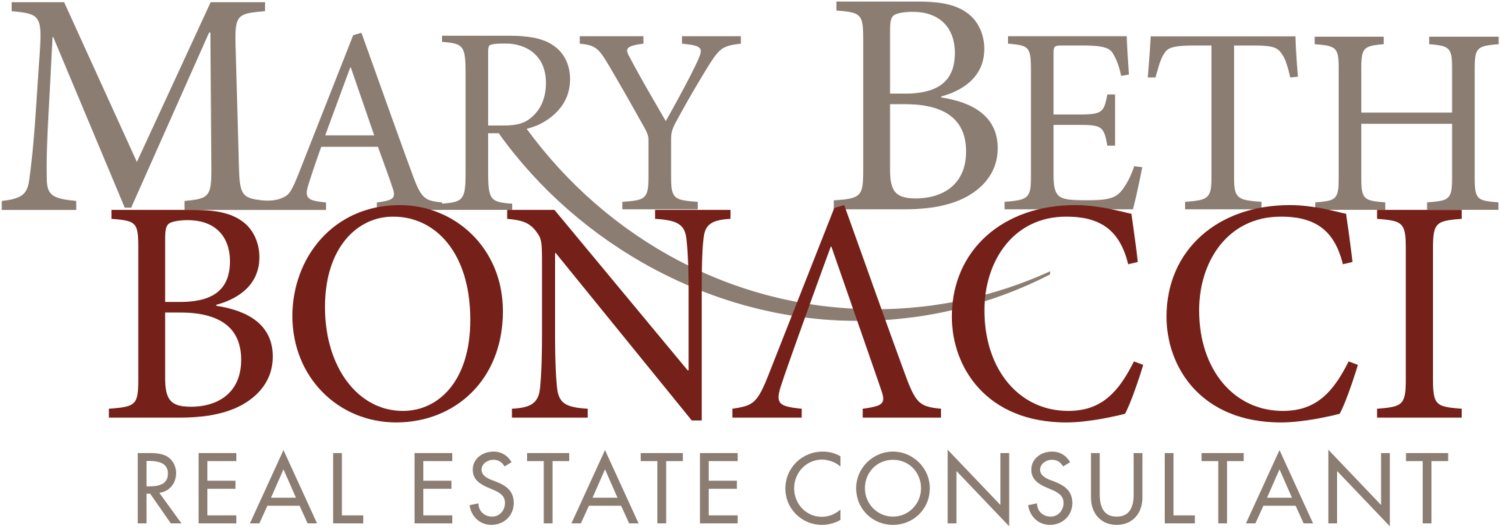If I Sell My House, Will I Be Able to Find a New One?
/Well, there is good news and bad news in this crazy Denver real estate market.
The good news is that, in July, inventory increased by just over 4%. The bad news is that, even with that increase, July inventory still set a record low, with only 7352 total properties on the market.
That is not a lot of houses.
What does this mean? It means there are a lot more buyers than there are homes to sell them. And so, especially in the lower price points, good listings get multiple offers, one winner, and several disappointed “losers.”
We keep thinking it’s going to end — that inventory is going to loosen, and that we will return to a more balanced market. But it keeps not happening. Part of the reason is that the cycle perpetuates itself. Low inventory makes it hard to buy, so people who would otherwise sell and buy a different house, don’t. They know they can sell their homes quickly, but they are afraid that they won’t be able to find a new home. And so without the homes of the move up/move down sellers who want to relocate locally, inventory drops even further.
And so, low inventory begets more low inventory.
Maybe this is you, or someone you know. You want to move. The house is getting too small for your growing family, or too big for your empty nest, or your job has moved to the other side of town and you’re tired of commuting. Or you just want a change. But you’re not sure how to make it work in this market.
What won’t work is the traditional “sell your house, then find a new house and close both on the same day” scenario. Sure, your house may sell quickly, especially if you are in that in-demand, under 500K price range.
But then where will you go? The odds of finding that perfect house — especially if you’re shopping in that same, low inventory, under 500K range — winning the bid and closing it before your current house closes are slim at best. And even if you find that home, you’ll have a harder time getting your offer accepted if it is contingent on your current home closing, to give you access to the equity for your down payment.
So what’s a restless homeowner to do?
Fortunately, moving up or down in this market is not impossible. It just takes some out-of-the-box thinking. Here are some of the strategies that have been working for my clients:
Sell and rent back: The problem is that sellers need more time to find a replacement home than they did in the old days of the balanced market. But often they also need the money from the sale of their home to use as a down payment on their next home. And they need to make offers that aren’t contingent on the sale of their old home. For many, the solution is a “post-close occupancy agreement” Most lenders will allow buyers up to 60 days to move into their new homes. So sellers request the right to continue to occupy the house after closing. That way the house is sold, they have the proceeds waiting in the bank, and they have up to 60 days to stay in their (formerly) own home and look for a new home. And, because buyers are competing for the right to buy their house, they are more amenable to allowing the post-closing occupancy.
Temporary housing: If post-closing occupancy isn’t an option, or if sellers want unlimited time to find the perfect house, they often sell their current homes and then move into temporary housing. Short-term apartments, friends’ basements, extended-stay hotels — I have had clients utilize just about every option. And many have found it worked well for them. In fact, one was sorry when it came time to leave her extended-stay hotel, which had a regular happy hour where she had made a lot of friends.
Buy first: Many of my clients have been surprised to find out that they had the option to do the harder part — the buying — before selling their current house. That way they are sure they have found a great new house before parting with their old house.
In order for this to work, two conditions must be met. First of all, if the existing house has a mortgage and the new house will be purchased with a mortgage, the sellers must qualify to hold both mortgages simultaneously — although this rarely happens, and if so rarely for long, since houses are selling so quickly in this market. Once they find the new house, they can often sell the old one before the new one closes, or shortly thereafter. And second, the sellers must be able to get their hands on enough cash to make the down payment. Some have enough in savings, some borrow from their retirement accounts. A few banks have even begun offering “bridge loans” again, which allow the buyers to borrow against the equity in their current home. Not everyone qualifies to do this, but if you do, it’s a good way to go.
Of course, if you are looking to buy at a higher price point (say over 500K in the suburbs, or 800K in the popular central neighborhoods), you may have an easier time, as those properties move more slowly. But the moral of the story is that there are options at every price point, even in this market. If you’re wanting to move, but hesitant because of the tight inventory, give me a call. I’d be happy to brainstorm with you, to see if there’s an option that makes sense for you.
Happy Early Fall, and I hope to see you all soon!








